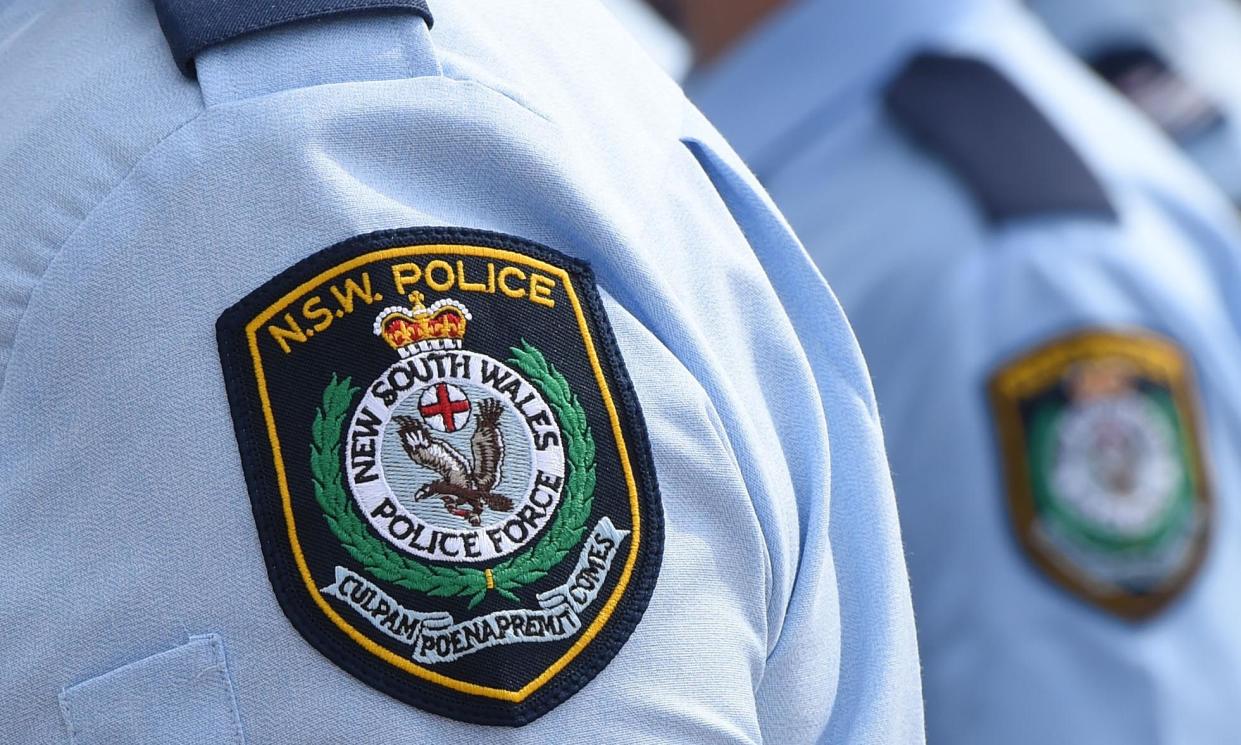Protocols protecting young people’s right to silence ‘forgotten’ by NSW police, watchdog finds

New South Wales police officers have been interviewing young people in custody in a way that compromises their right to silence, with a report by the state’s law enforcement watchdog finding it is a “systemic problem”.
The Law Enforcement Conduct Commission (Lecc) found that NSW police had also failed to act with any urgency to prevent officers interviewing vulnerable people, including Aboriginal people and young people, after they had received legal advice and said that they did not wish to be interviewed.
Some investigating officers even discussed bail with young people in a way that suggested that participating in an interview would lead to them being freed from custody, the report said.
The commission started investigating the force, as part of Operation Mantus, after a complaint was made by a lawyer representing a 14-year-old boy who was arrested in September 2022.
The boy, who cannot be named but is identified in the report as YPM1, was from a community in northern NSW which had been affected by devastating flooding.
There had been significant community disruption caused by the floods, the commission found, including an increase in crime committed by young people.
On 11 September 2022, a small strike force of plainclothes officers targeted one community, with an aim of identifying and arresting young offenders.
The 14-year-old was injured during his arrest and taken to hospital. He had claimed he was “bashed” by police, but the commission found his injuries occurred as a result of him falling while being pursued, and then being forced to the ground during his arrest.
The officers were not wearing body-worn cameras during the arrest, and the Lecc also said “a question remains” about whether the arrest was lawful, even though it had found the arresting officer had not punched the boy, as YPM1 had claimed.
Related: Chris Minns rules out compensation for young people affected by ‘discriminatory’ police scheme
The boy spoke with the Aboriginal Legal Service from the police station, was advised about his right to silence, and told his lawyer he wished to exercise this right, the report said.
His lawyer told the NSW police custody manager of these instructions verbally and via email.
But YPM1 was still interviewed by two officers later that morning, the report said.
The commission found that in 2004 and 2005, the then commissioner of police had approved directions that if a young person exercised their right to silence, the investigating officer and the custody manager should record that the young person had declined an interview and the person should not be interviewed.
It said NSW police appeared to have “forgotten” these protocols, and instead officers typically decided to hold an electronically recording interview with a person in order for them to confirm they had declined an interview.
“Too often, this request turned into an interview despite the person invoking their right to silence,” the commission found.
“These practices continued despite numerous court judgments over several years concluding that they were improper.
“Despite undertaking to review the situation urgently in April 2023, no relevant action has been taken by the NSW Police Force.”
The commission made 19 recommendations, including that the force amend the standard operating procedures for body-worn video to make clear they apply to plainclothes policing, and that training be updated to include specific guidance around the handcuffing of people, particularly children.
It also called for the establishment of a system that would enable court decisions concerning policing to be brought promptly to the attention of the NSW police executive and all operational police officers “as a matter of urgency”. It also said urgent action should be taken to allow police prosecutors to tell the executive about “recurring or systemic issues in prosecutions”.


